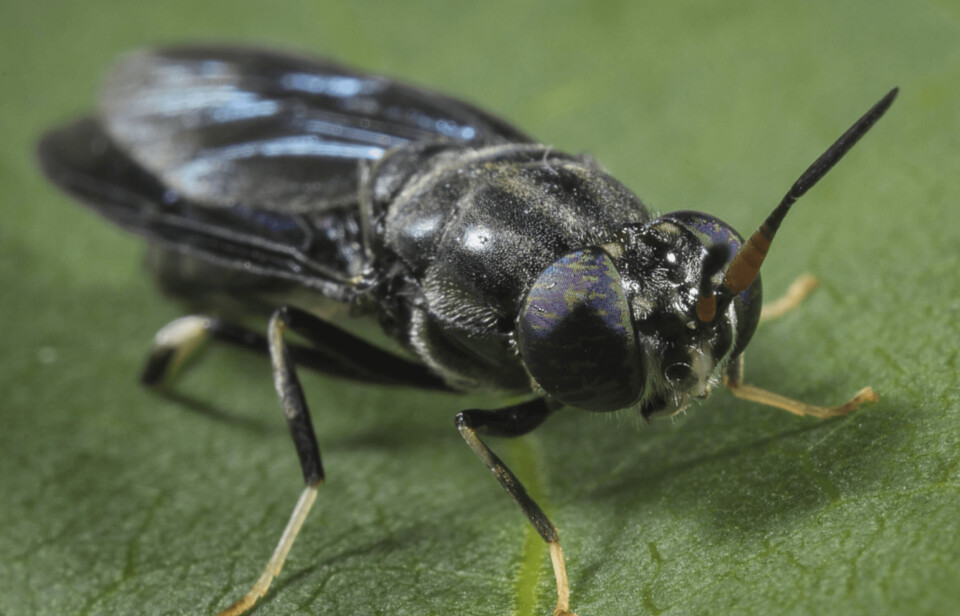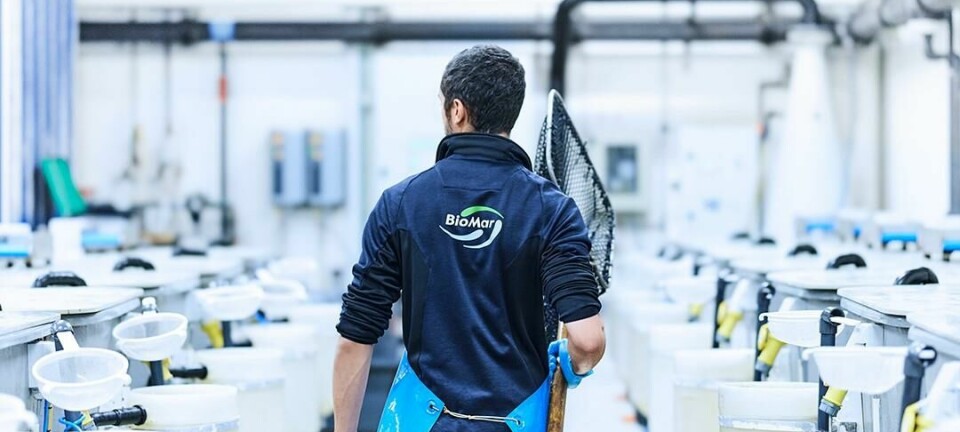
Authenticity is the buzzword for PCR test developers
New method accurately identifies inclusion of farmed insect species for aquafeed
A team of Portuguese researchers from the Interdisciplinary Centre of Marine and Environmental Research (CIIMAR) has developed an innovative method to ensure the authenticity of insect-based feeds and foods, safeguarding quality and safety across the food chain.
The study was conducted as part of the Pep4Fish project, which explores innovative nutritional solutions for aquaculture diets for sea bass and gilthead sea bream, based on food by-products.
Project contributors said in a press release that the growing demand for alternative protein sources such as insects has increased the risk of fraud and mislabelling, raising concerns about food safety. To address this challenge, the researchers created a real-time PCR test that accurately identifies two insect species widely used in food production: mealworms (Tenebrio molitor) and black soldier fly (Hermetia illucens) larvae.
Sensitive test
The new method stands out for its sensitivity, as it can detect extremely low levels of DNA from these species, even in complex processed products such as aquaculture feeds or protein hydrolysates (partially digested proteins broken into smaller fragments known as peptides, which are easier for organisms to absorb). The test can identify inclusions of just 0.24% of these species in analysed products, ensuring authenticity even in processed formulations.
This breakthrough is particularly significant for the feed and food industries, as the European Union has been promoting the use of insects as a sustainable source of protein for both human consumption and animal feed. However, the lack of reliable tools to verify the composition of these products has been a barrier to wider adoption.
Researchers said that in addition to ensuring transparency and quality, this new method represents an important step towards sustainability, as it certifies ingredients sourced from authorised origins, aligning with the principles of the circular economy and the blue bioeconomy model.
Strengthening trust
This authentication protocol not only protects consumers and producers but also strengthens trust in the value chain of innovative insect-based foods, contributing to a more sustainable and secure aquaculture industry.
The Pep4Fish project is developed within the framework of the Blue Bioeconomy Pact and funded by the Recovery and Resilience Plan (PRR), through which Portugal is receiving €22.2 billion in grants and loans from the EU to help the country recover from the Covid pandemic.
Pep4Fish focuses on exploring innovative nutritional solutions using animal by-products such as fish, poultry, and pork, as well as alternative resources like insects. The goal is to develop novel diets for sea bass and gilthead sea bream that simultaneously promote fish health and nutritional quality for human consumption, while contributing to food waste reduction.
The study, "DNA-based authentication for insect-based feedstuffs: The case study of Tenebrio molitor and Hermetia illucens", is published in the Journal of Food Composition and Analysis.
Led by the ETSA Group, the Pep4Fish project involves nine partners, including research centres and companies: AgroGrIN Tech, B2E – CoLAB for the Blue Bioeconomy (B2E CoLAB), CIIMAR, ITS – Indústria Transformadora de Subprodutos (ETSA); Seaculture (Jerónimo Martins), Savinor and Sorgal (Soja Portugal), Sebol (ETSA), and the School of Biotechnology at the Catholic University of Portugal.






















































